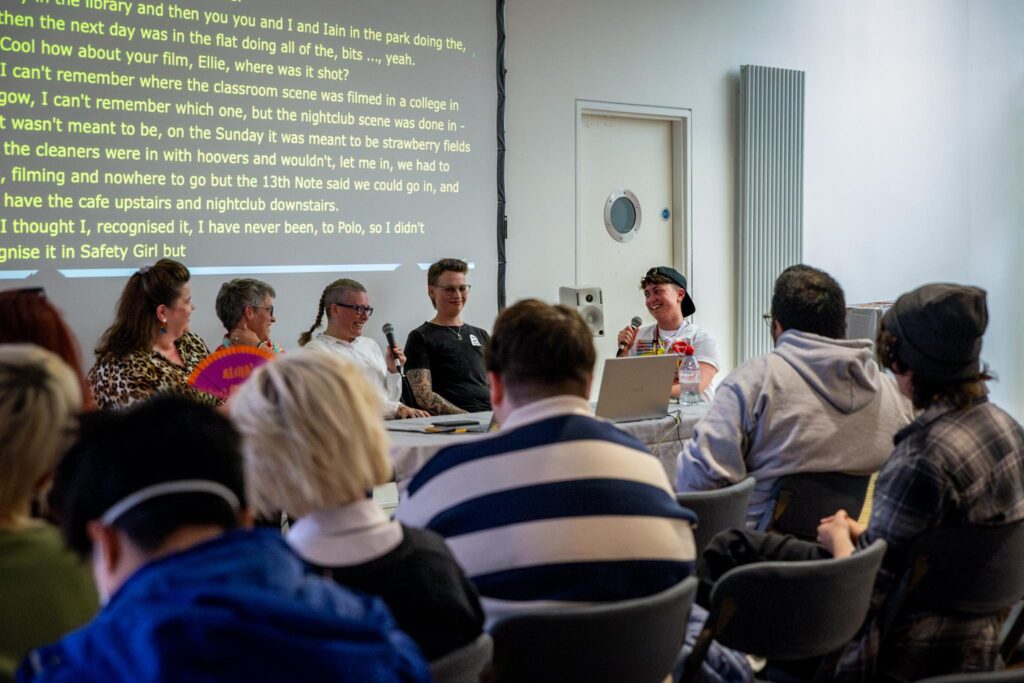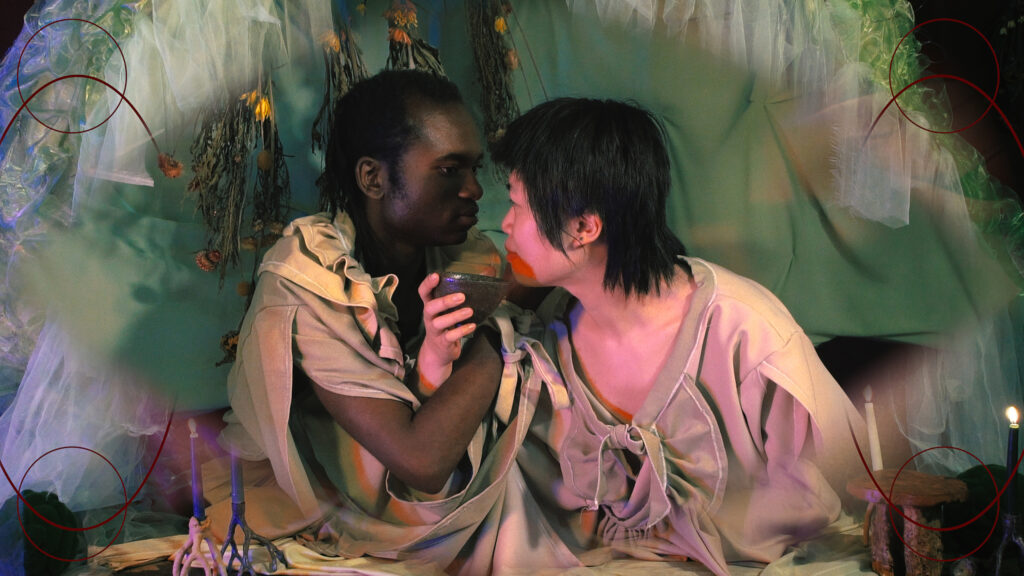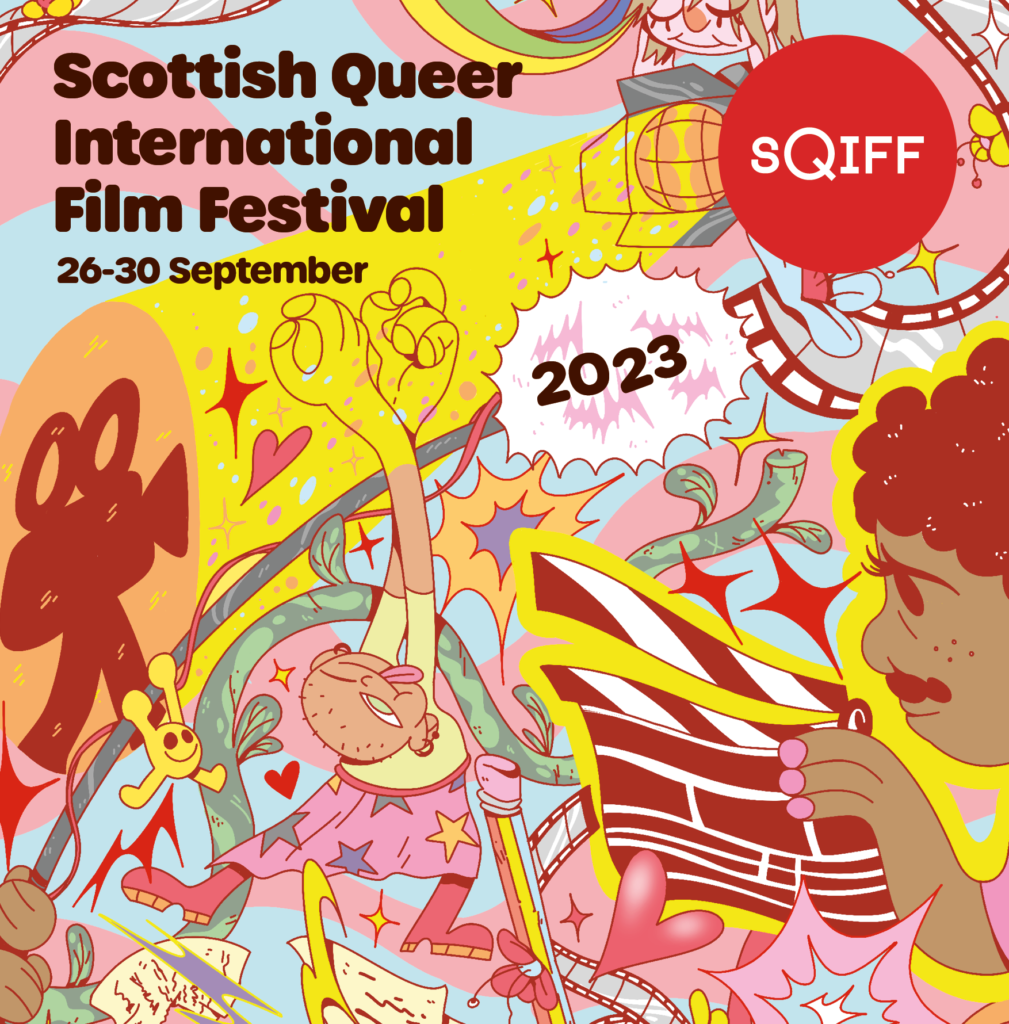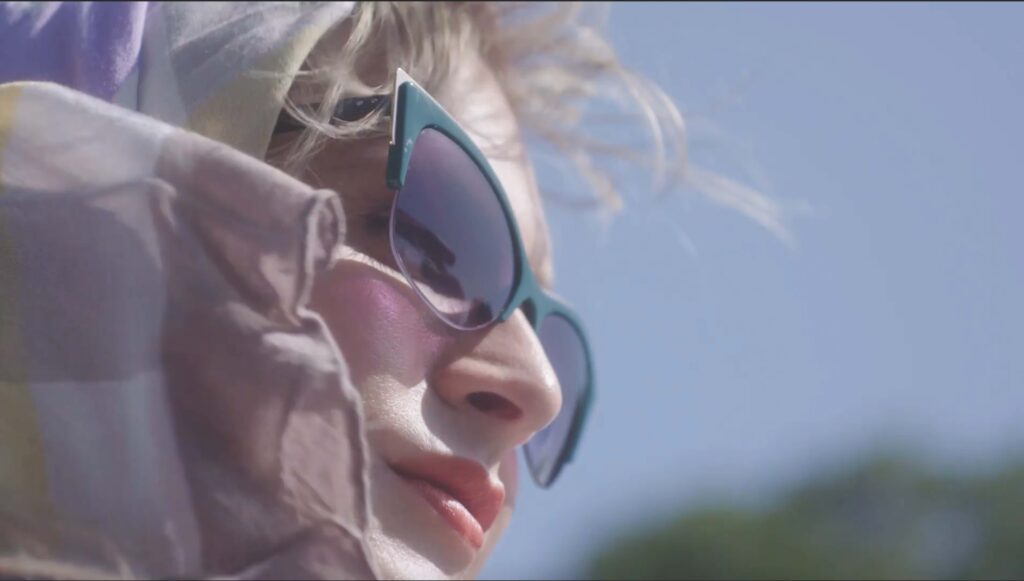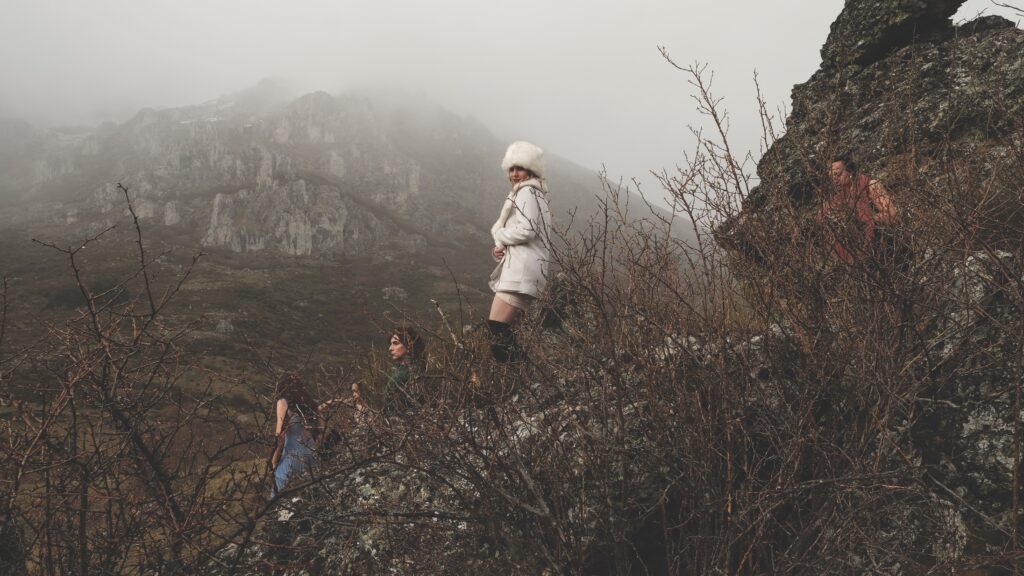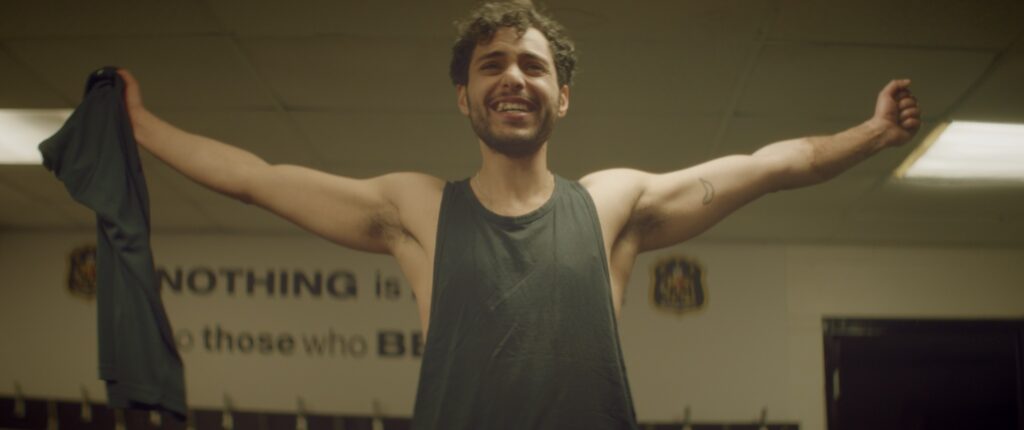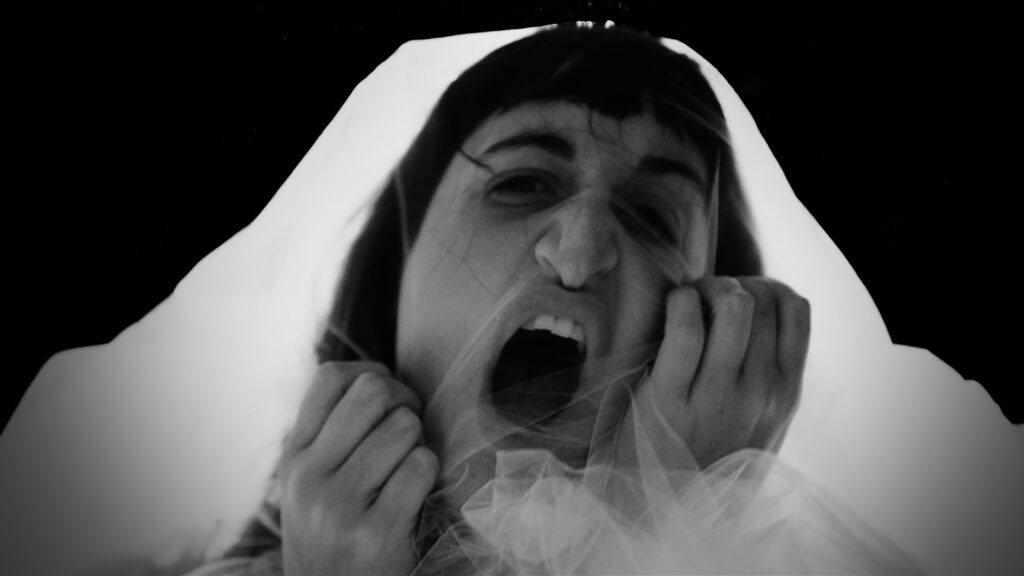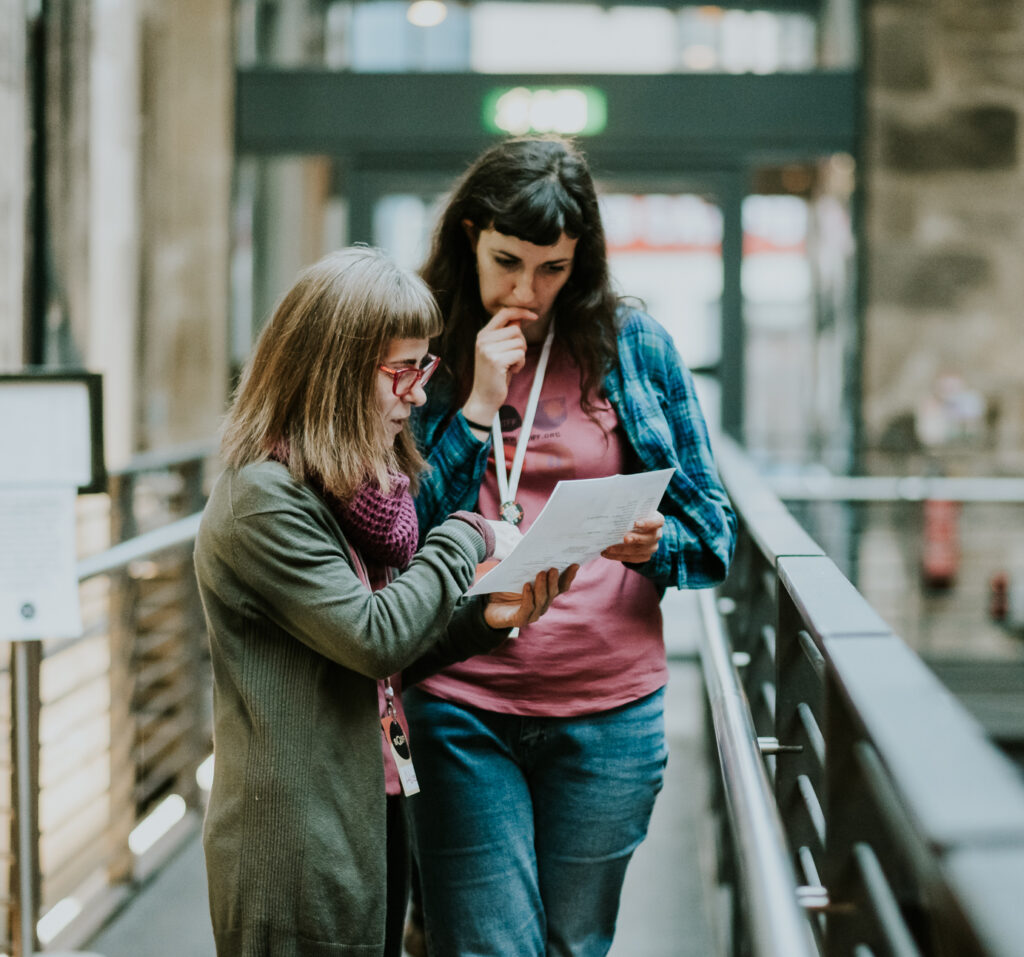Queer Filmmakers Group – 1st Year Round Up
It has been a year since we started holding monthly free sessions for the Queer Filmmakers Group – let’s reflect on what these past 12 months have looked like! December […]
Queer Filmmakers Group – 1st Year Round Up Read More »


